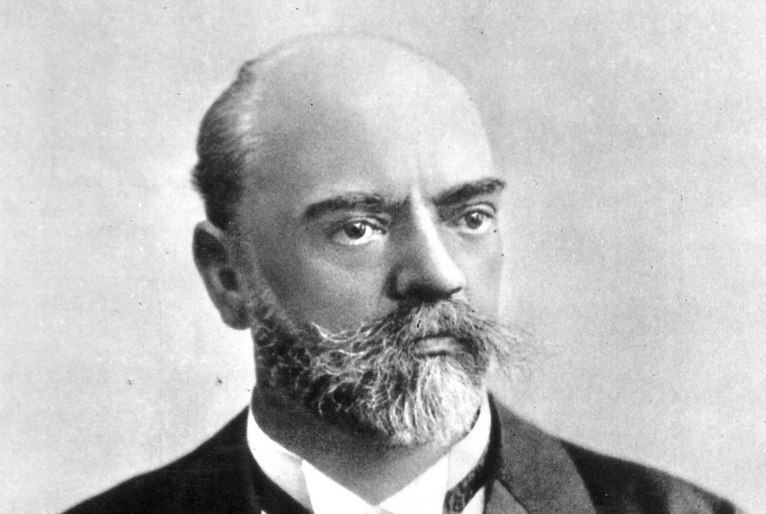Antonín Dvořák, one of the most celebrated Czech composers, created a masterpiece of opera with Rusalka, Op. 114. Composed in 1900, the work stands as a cornerstone of Czech national opera and a significant contribution to the operatic repertoire worldwide. The tale—a poignant blend of folklore, romance, and tragedy—showcases Dvořák’s unparalleled ability to merge the lyrical richness of his musical style with a compelling narrative drawn from Slavic mythology.
Origins and Inspiration
The libretto for Rusalka was penned by Jaroslav Kvapil, a Czech poet and playwright, who drew inspiration from multiple sources, including Slavic folklore, Hans Christian Andersen’s The Little Mermaid, and Friedrich de la Motte Fouqué’s Undine. The central figure, Rusalka, is a water nymph who falls in love with a human prince. Her longing to become human and experience love—despite the sacrifices involved—provides the opera’s emotional core.
Dvořák was captivated by Kvapil’s libretto, which seamlessly intertwined the mystical elements of nature with universal human emotions. Already established as a master of orchestration and melody, Dvořák was at the height of his creative powers when he began composing Rusalka. His keen interest in Czech folklore and his ability to evoke vivid atmospheres through music made him the ideal composer for this story.
Composition Process
Dvořák composed Rusalka during a particularly fruitful period of his career. After returning to his homeland following his tenure as the director of the National Conservatory of Music in New York, Dvořák devoted himself to exploring Czech culture and traditions. Rusalka emerged as a deeply personal work, reflecting his connection to the landscapes and legends of Bohemia.
The opera was completed in 1900 and premiered on March 31, 1901, at the National Theatre in Prague. From its debut, Rusalka was met with enthusiastic acclaim, cementing Dvořák’s reputation as a leading figure in Czech music. The aria “Song to the Moon,” sung by Rusalka in the first act, quickly became one of the most beloved pieces in the operatic canon, celebrated for its haunting beauty and emotional depth.
Themes and Musical Style
Rusalka is a prime example of Dvořák’s late Romantic style, characterized by lush harmonies, intricate orchestration, and a deep connection to nature. The opera’s score vividly portrays the mystical world of water nymphs and the contrasting human realm. Dvořák’s use of leitmotifs—musical themes associated with specific characters or ideas—adds depth and cohesion to the work.
The opera explores themes of love, sacrifice, and the clash between the supernatural and human worlds. Rusalka’s transformation into a human and the consequences of her choice resonate as a universal allegory for longing and the complexities of human emotion.
Legacy and Modern Reception
Since its premiere, Rusalka has become one of the most frequently performed Czech operas, cherished for its emotional resonance and musical brilliance. The opera has been staged in opera houses around the globe, often praised for its ability to transport audiences into a magical and deeply affecting world.
In the 20th and 21st centuries, Rusalka has gained increased recognition as a masterpiece of operatic literature. Its central themes continue to captivate modern audiences, while productions often explore the opera’s ecological and feminist undertones.
Conclusion
Rusalka, Op. 114 remains a testament to Antonín Dvořák’s genius and his ability to weave together the elements of music, folklore, and human emotion into a timeless work of art. Whether experienced for the first time or revisited, the opera offers an enchanting journey into a world where love, loss, and longing converge in the most profound ways.


Comments are closed